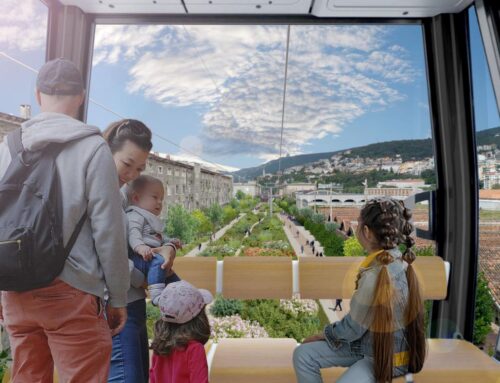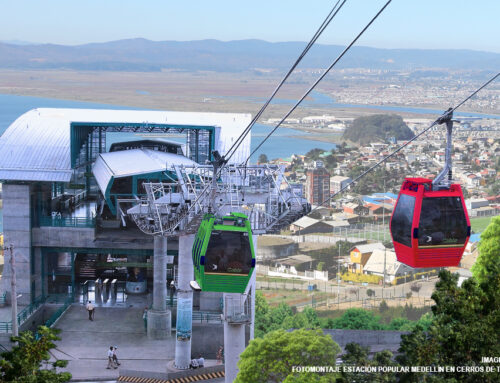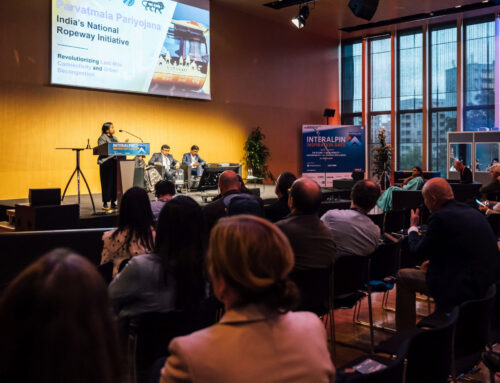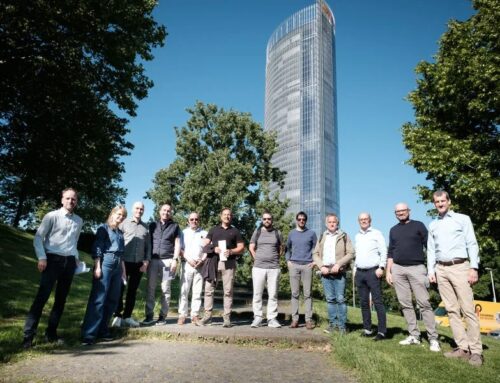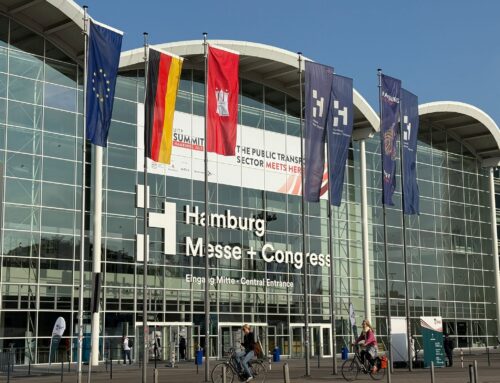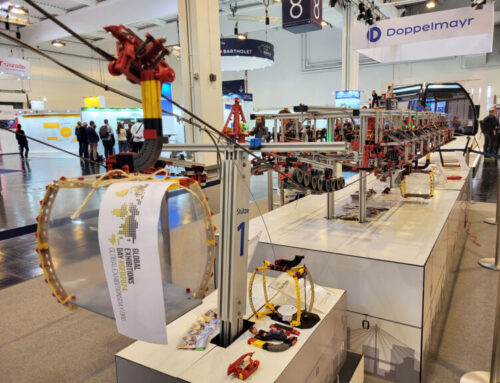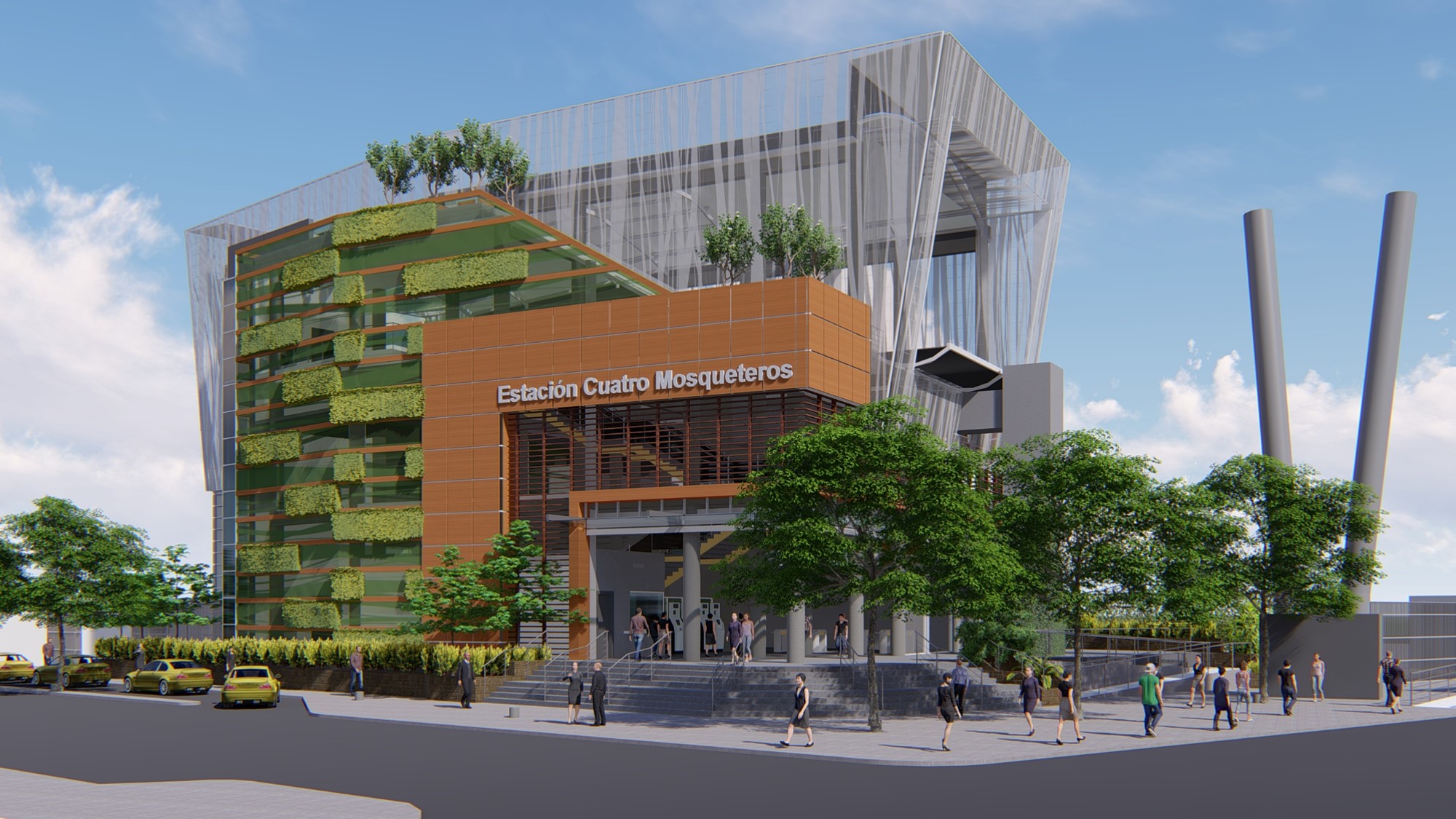
Cities, SI Urban 1/2022, Tourism
Sustainability – Mobility in Transition
Societies and their mobility behaviour are slow to change. However, the coronavirus pandemic has triggered a massive and rapid transformation. According to Harald Welzer from the University of St. Gallen at the IONICA event, “the establishment of working from home and the associated change in mobility behaviour would otherwise have taken ten to fifteen years.”
Now, there is an opportunity to pursue quality and public service, rather than optimisation and efficiency at any price. “Sustainability in mobility lies in offering what is good and eliminating what is poor,” Welzer says.
This also includes admitting that the 21st century is not the era of the car – even if it becomes more environmentally friendly. “We need to imagine our cities as car-free. 19 percent of Berlin is taken up with parking – often even for free.
At the same time, we have a housing shortage,” Welzer summarises what he considers the ridiculously high status that private transport holds in people‘s minds.
Yet cities such as Copenhagen, Galicia, Paris and New York are already moving in the right direction. In their urban planning they areaskingthequestion:forwhomare we building?
Even in the country, we should be thinking car-free. Welzer proposes public dial-a-bus, for example, for which pilot projects have already been tried, such as with on-demand apps.
“These dial-a-bus services will be digitally and temporally synchronised with other modes of public transport, to make the journey as convenient as possible,” Welzer emphasises.
In view of the problems of congestion, resources and space for parking, the researcher sees having your own self-driving vehicle as counter- productive: “the future does not lie in the continuation of outdated modes of transport.”
Rather, public transport needs to be operated attractively and positively, such as with stops designed as mobility hubs that include e-bike charging stations, restaurants and shops. Such concepts have already been implemented in urban cable car stations.
In view of the isolation that people experience when working from home, Welzer suggests co-working spaces. Otherwise, too many people will return to commuting, to compensate for the lack of communication.
